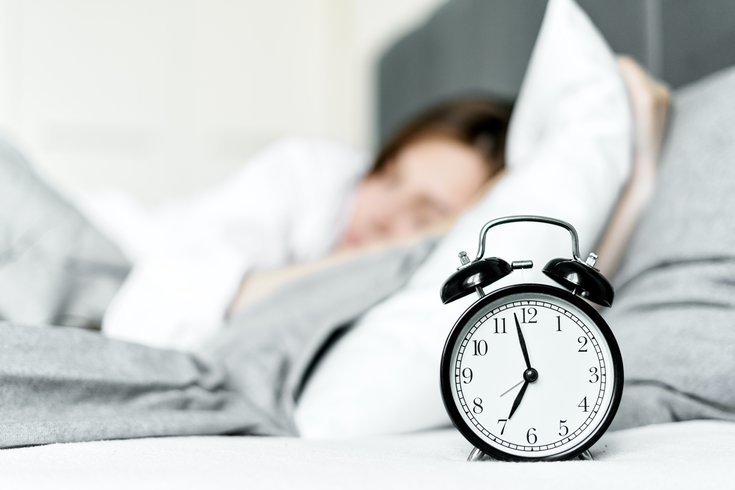
October 19, 2023
 Anastasiya Vragova/Pexels
Anastasiya Vragova/Pexels
People who regularly snooze their alarm clocks may experience improved cognitive function when they wake up, according to a new study.
Some people take a guilty pleasure in pressing the snooze button on their alarms to delay their inevitable wakeup calls for a few more minutes. New research has determined this may not be such a bad habit after all.
A pair of new studies examined the type of people most likely to hit the snooze button and how doing so affects their sleep and cognitive functions. A lab study found that those who snoozed for 30 minutes fared better on cognitive exams given immediately after rising than those who woke up abruptly.
Though snoozing caused participants to lose about six minutes of sleep, it prevented them from interrupting the REM stage of sleep – when dreams happen and the brain's activity most closely resembles its activity while awake.
Researchers said snoozing may help people enter a lighter sleep stage before fully waking up. This may soften the effects of sleep inertia, the temporary disorientation or grogginess upon awakening.
The study found no clear effects of snoozing on stress hormone levels, morning sleepiness, mood or overnight sleep structure. It included 31 people.
In a survey of 1,732 adults, researchers found that 69% reported using the snooze function or setting multiple alarms at least sometimes. On average people snoozed for 22 minutes. They did so most frequently on workdays. The top reason for snoozing? Feeling too tired to wake up.
The average age of snoozers was six years younger than non-snoozers, and they were more likely to be night owls, otherwise known as evening chronotypes. Because people with the evening chronotype tend to be more active at night and sleep later into the morning, they may need more time to ward off sleep inertia through snoozing, according to the study.
In pairing the survey and the lab study, researchers determined that a brief snooze period may help alleviate sleep inertia, without substantially disturbing sleep for those who habitually snooze.
"The findings indicate that there is no reason to stop snoozing in the morning if you enjoy it, at least not for snooze times around 30 minutes," said researcher Tina Sundelin, of Stockholm University in Sweden. "In fact, it may even help those with morning drowsiness to be slightly more awake once they get up."
The study's authors noted that more evidence is needed to support the effects of snoozing on cognitive function, but they said it is clear that it does not lead to cognitive impairments for those who do it regularly.
Follow Franki & PhillyVoice on Twitter: @wordsbyfranki
| @thePhillyVoice
Like us on Facebook: PhillyVoice
Have a news tip? Let us know.